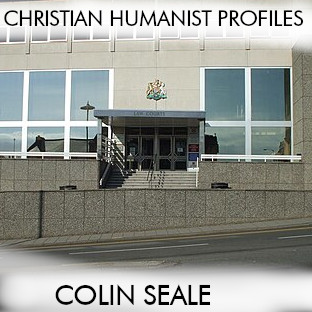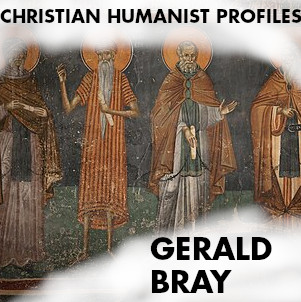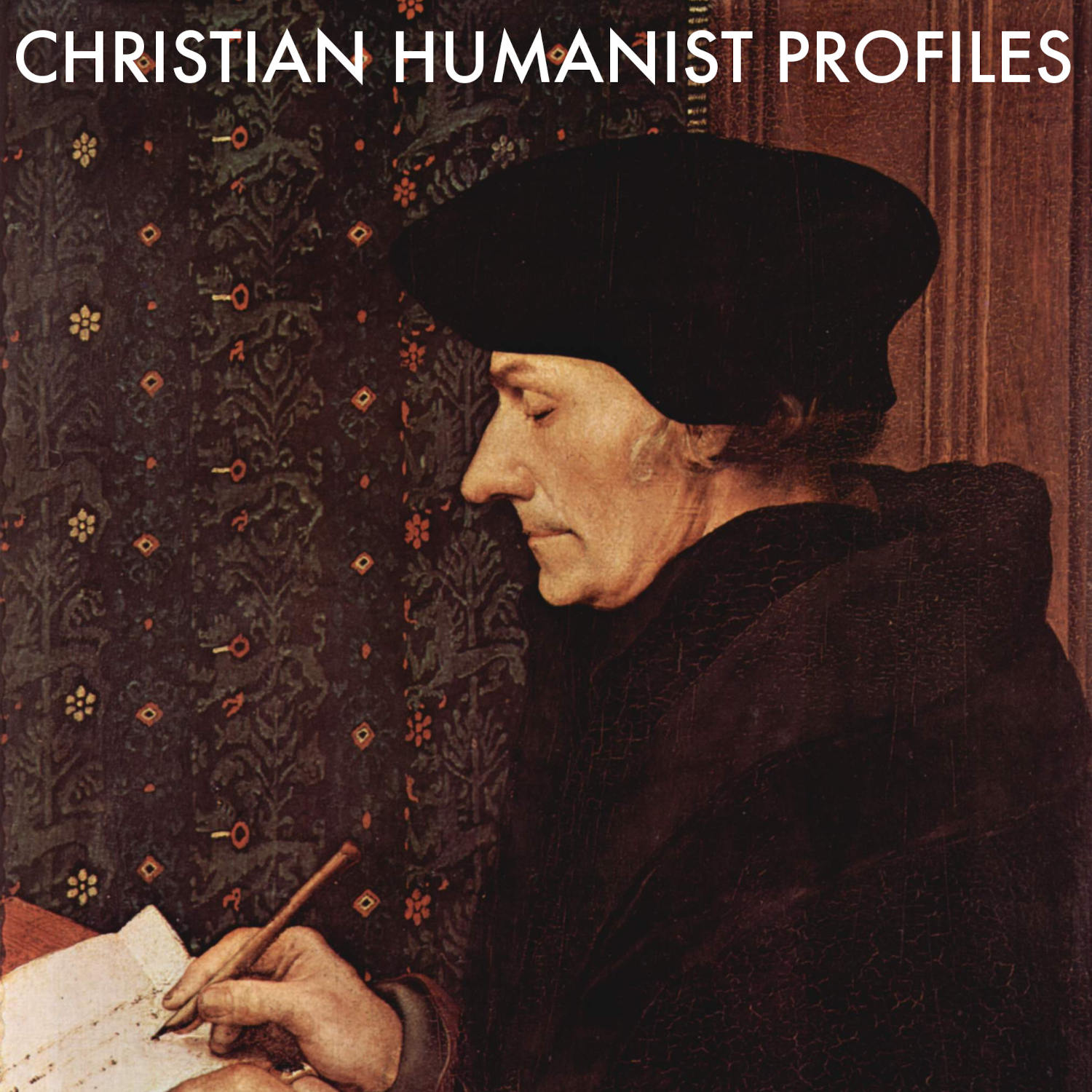Do not think any man happy until he has died, free from suffering. That line, or something like it depending on the translator, ends the grand tragedy Oedipus Tyrannous, Oedipus the King. Such meditations on death give us memorable aphorisms, and they come to us not only from the Greeks or the Egyptians but from the teachers of Israel as well. Among the troubling texts of Israel’s wisdom tradition is Qohelet, whose title in English Bibles is often the transliterated Greek word Ecclesiastes and among whose questions one can find this one: what makes a life worthwhile if succeeding generations undo the good that one has done? Scholars and preachers and readers have disputed for centuries where the intellectual center of the book resides, how the author relates to the persona who seems to be Solomon, and a dozen other questions from and about and related in other ways to this puzzling book of the Bible. Today Menachem Fisch, a philosopher, and Debra Band, an artist, will be helping me ask new questions of Qohelet and talking about their book from Baylor University Press titled Qohelet: Searching for a Life Worth Living. Christian Humanist Profiles is glad to welcome both to the show.

Among education writers, the phrase “critical thinking” can run from nebulous notions to utter ciphers. Few will disagree that critical thinking is good and...

Every story of thought and thinking runs into its own kinds of problems. Progressive accounts do well showing how predecessors were not quite as...

Michial Farmer interviews Timothy Basselin on his 2013 book, "Flannery O'connor: Writing a Theology of Disabled Humanity."